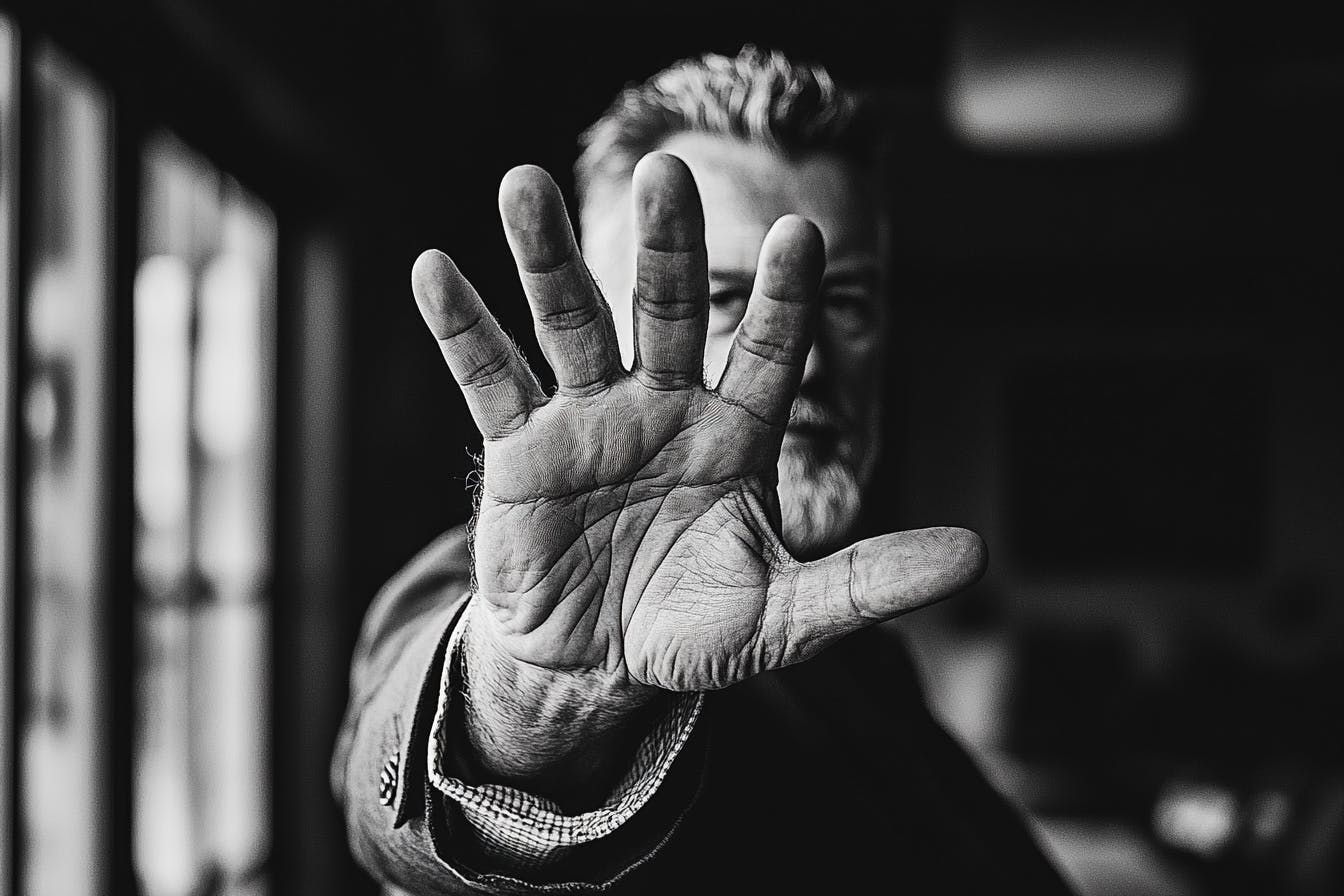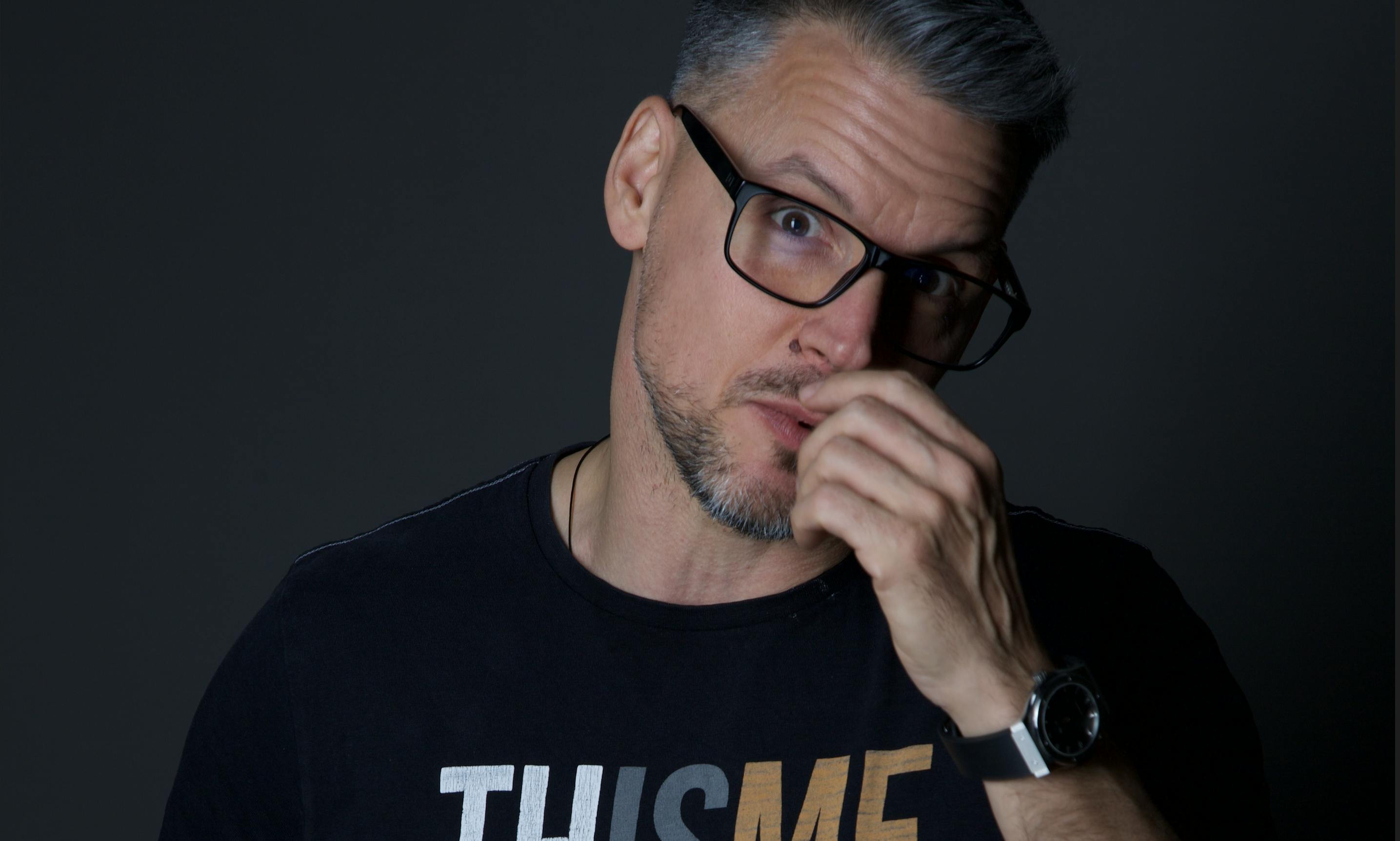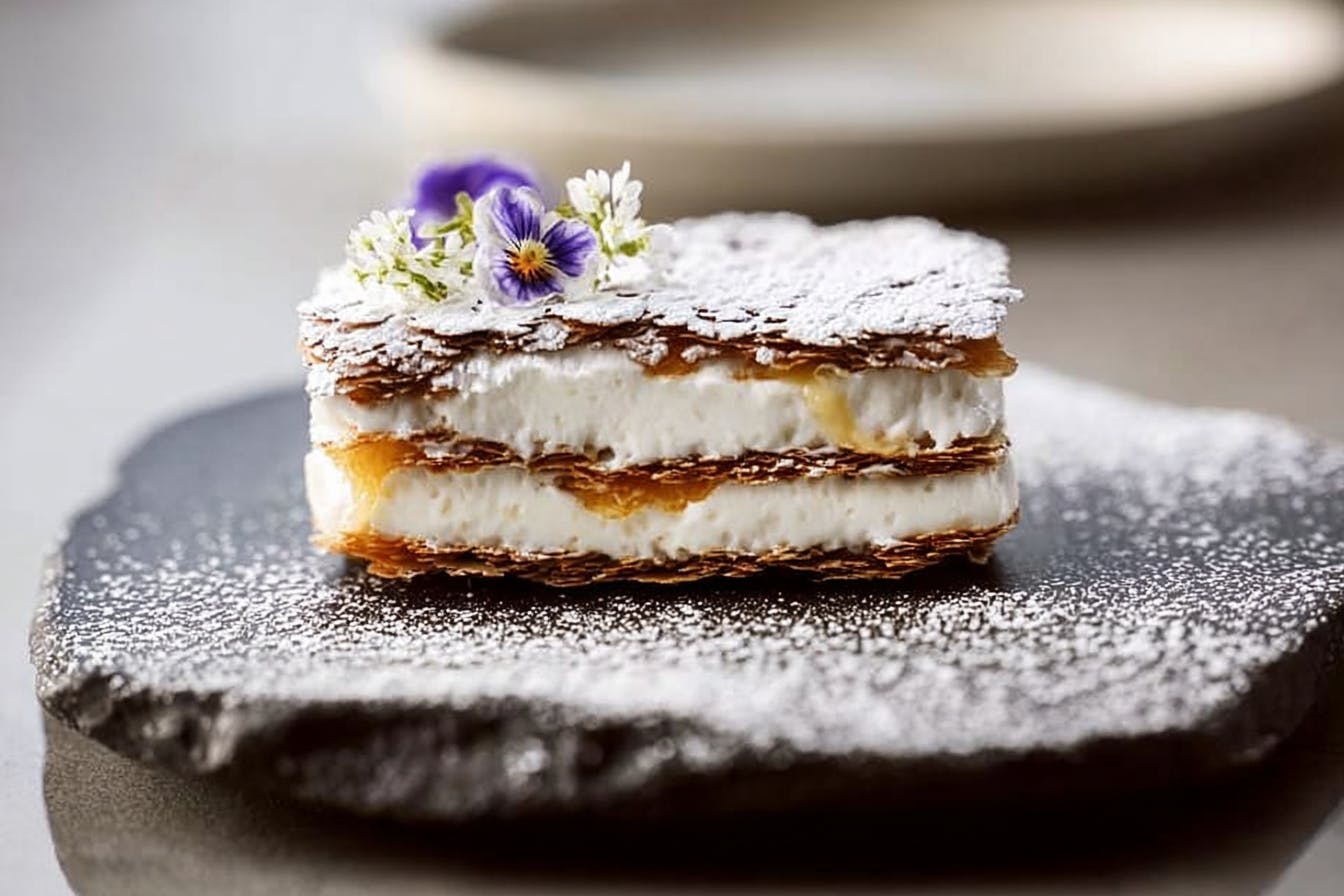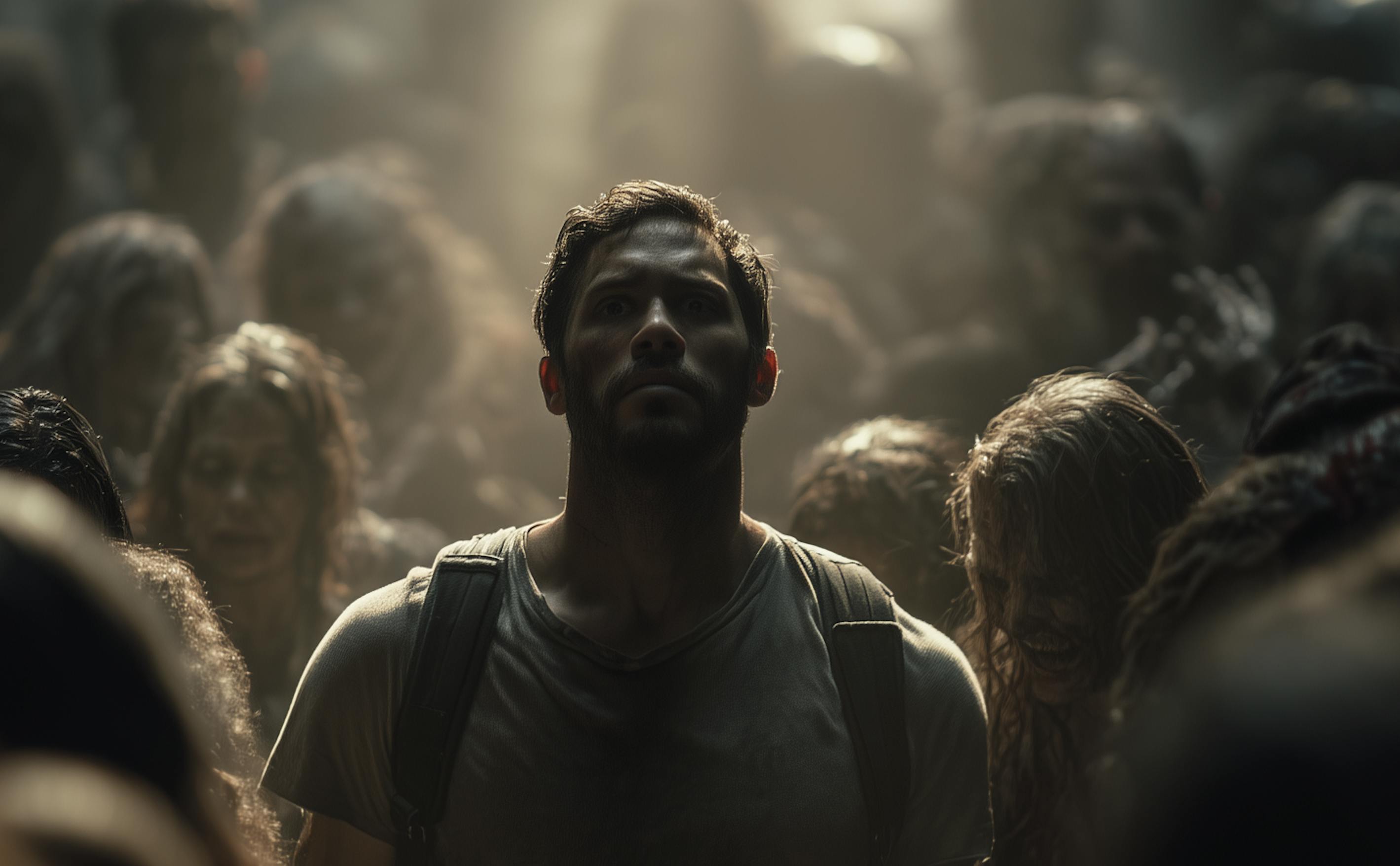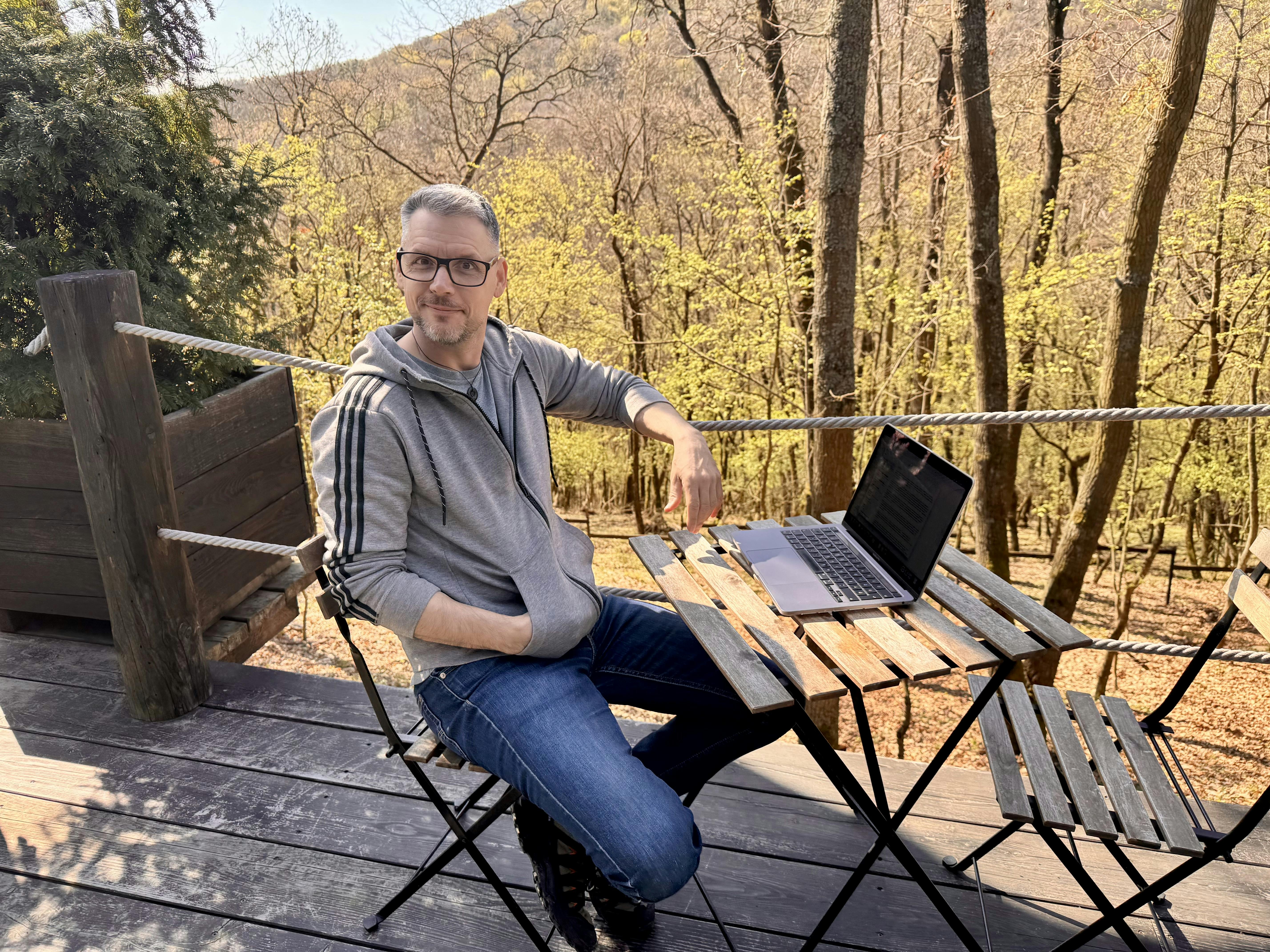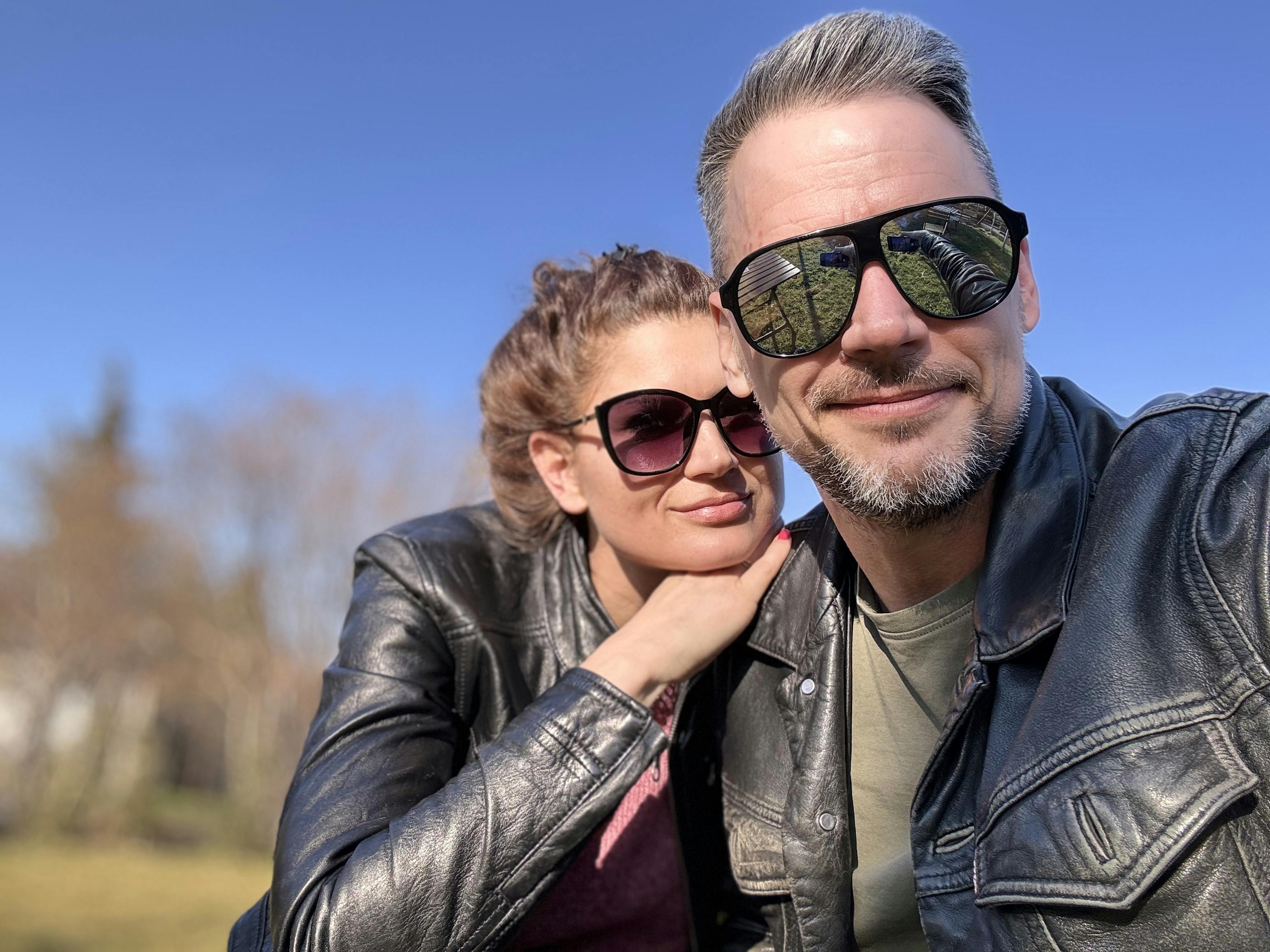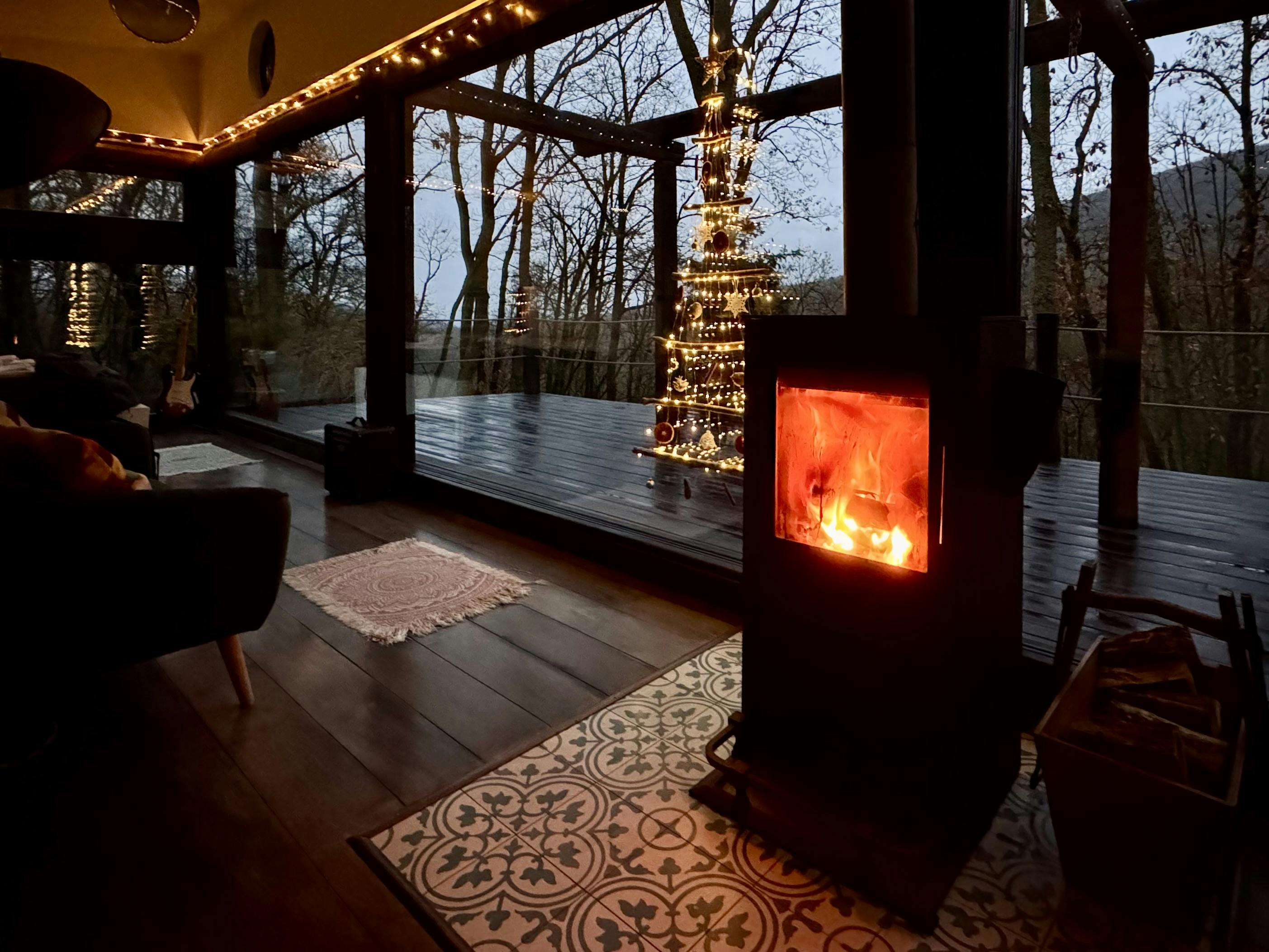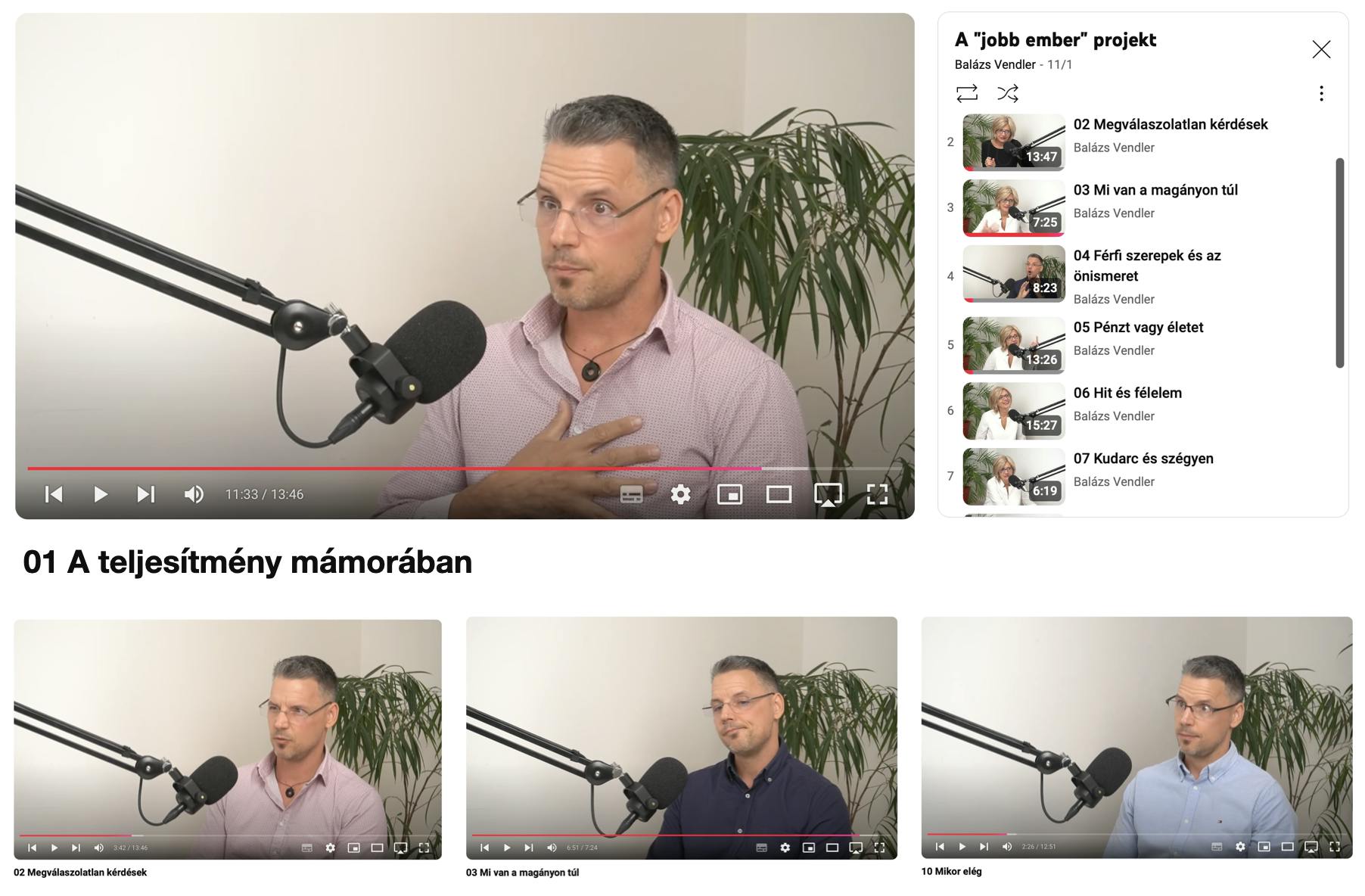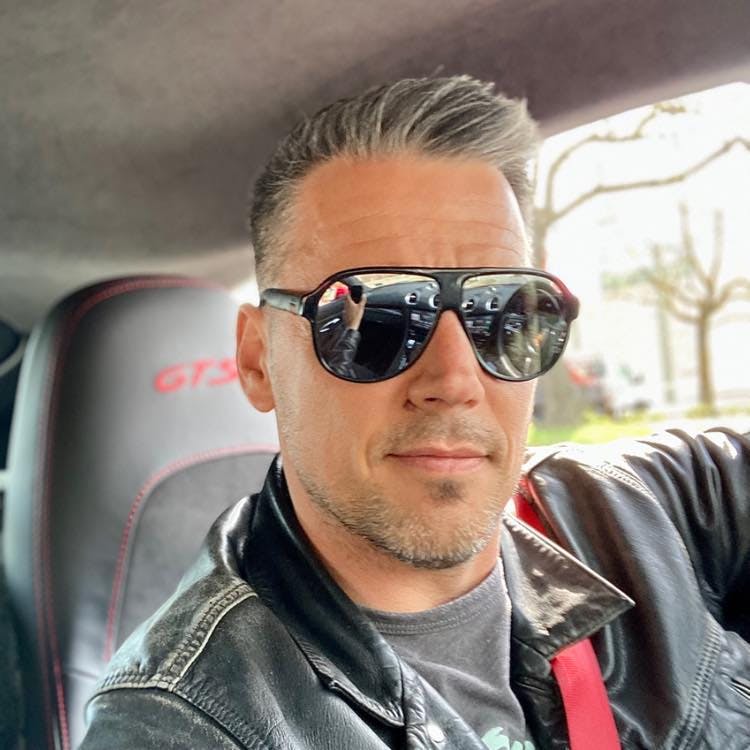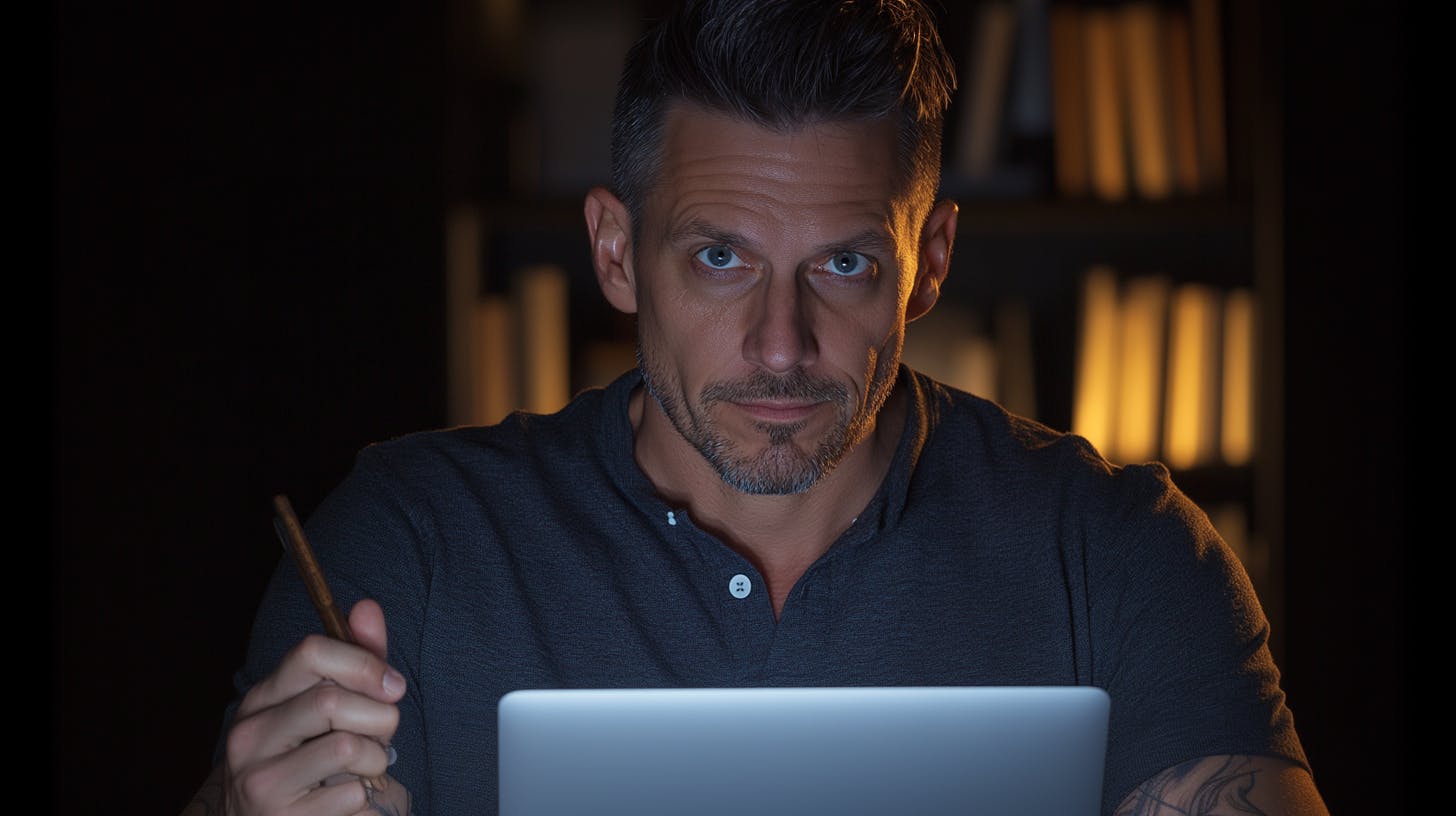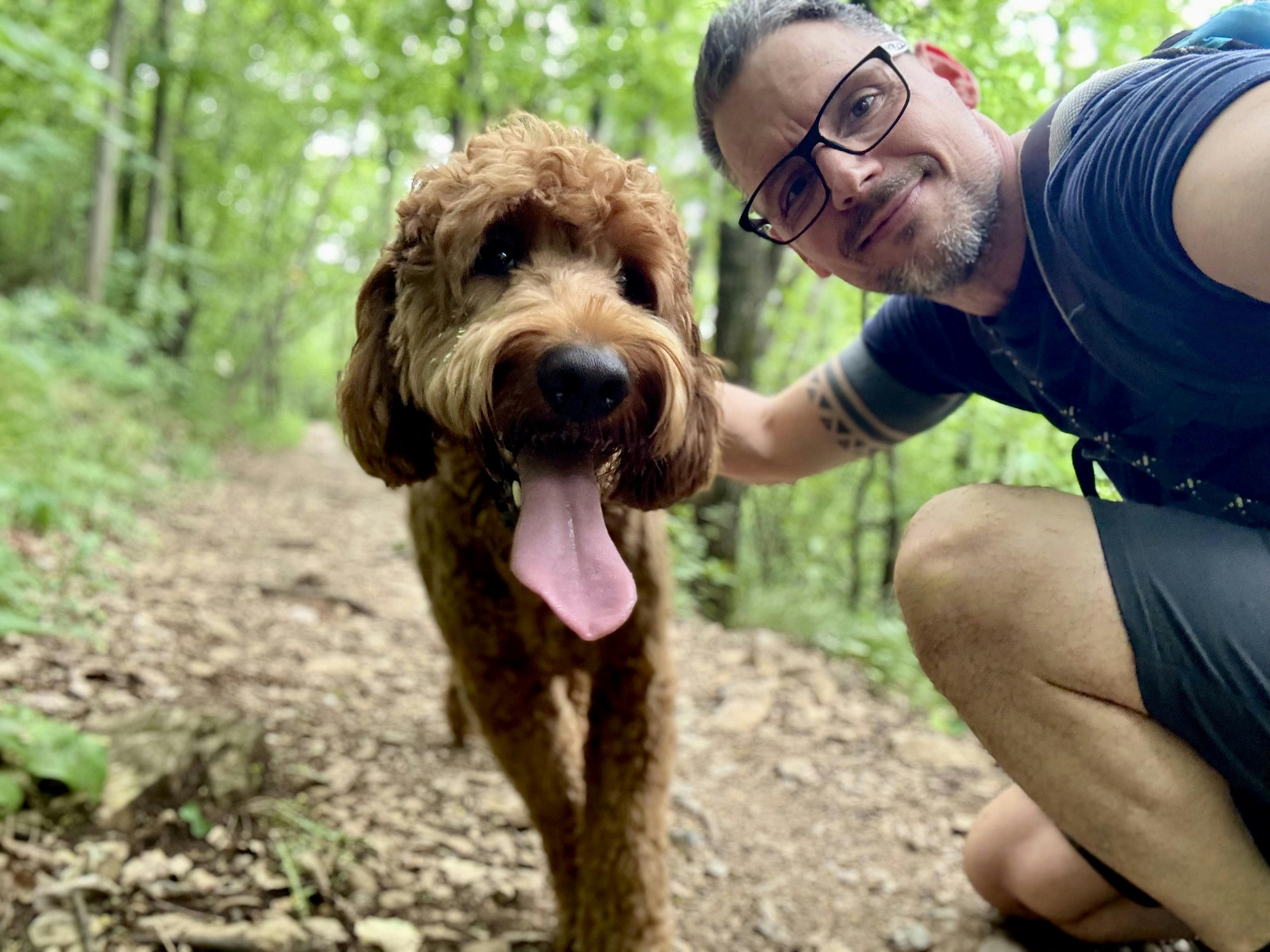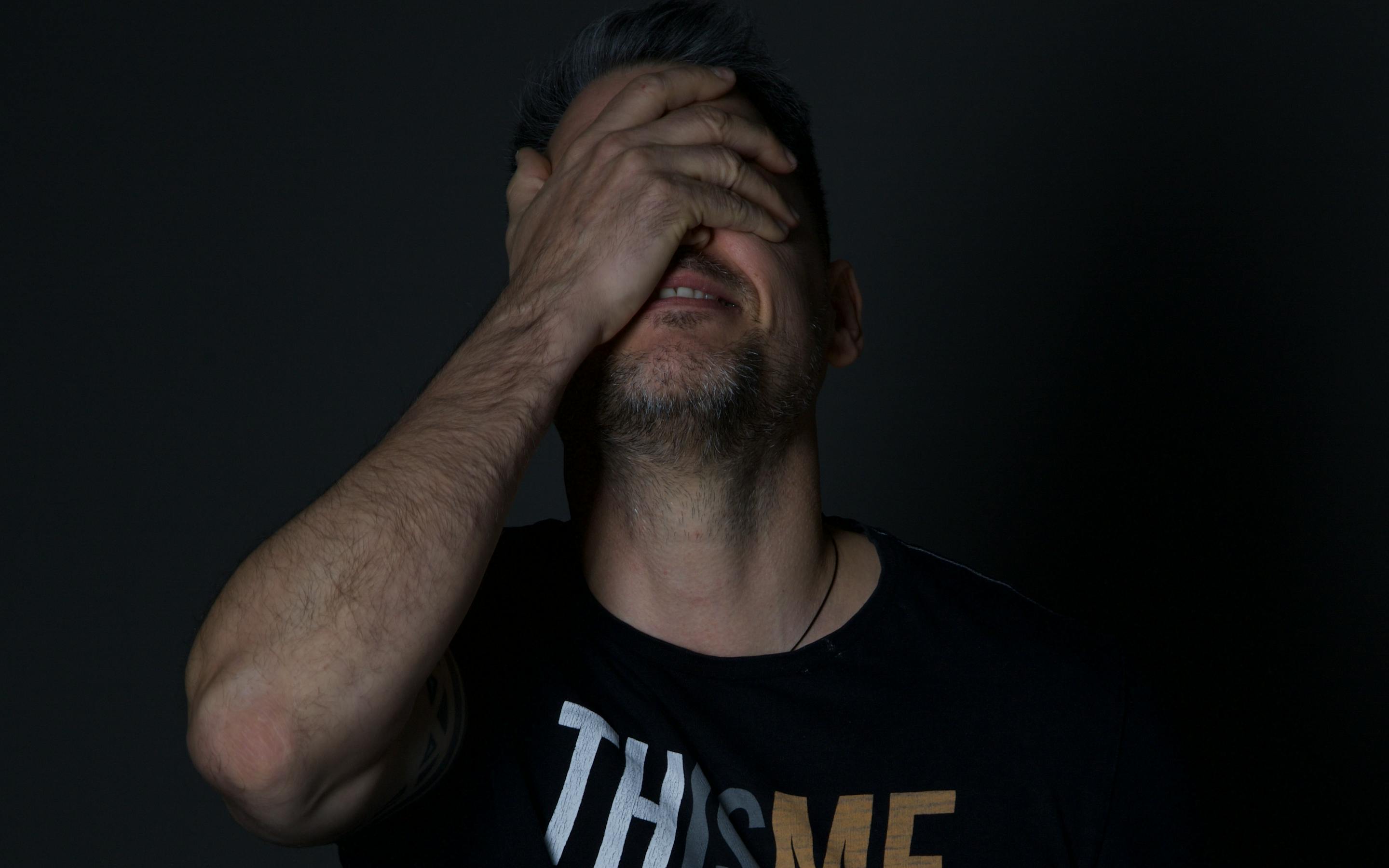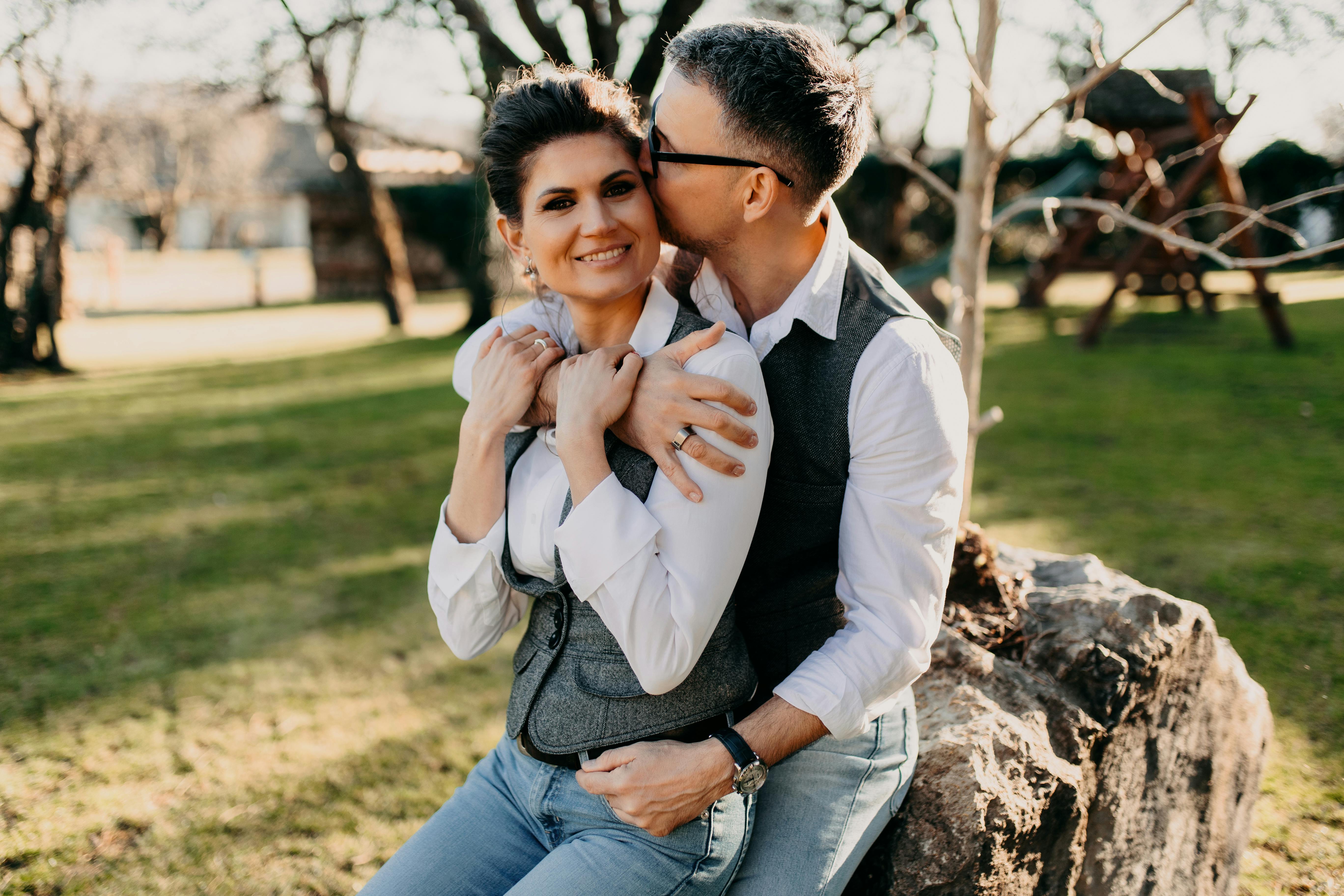
Questions? No Questions!
2024.06.22.
I’ve noticed that how I engage in conversations keeps changing. For a while now, I’ve mostly just been sitting quietly, observing, listening. I watch the conversations, look at others, and try to immerse myself in their stories, learning from them. And in this silence, something became clear to me:
There are no questions. Almost never.
Amidst all the stories, statements, monologues, opinions clashing, and debates, we so rarely ask each other questions.
But why don’t we ask?
There was a long period in my life when I didn’t really ask questions, except maybe in work meetings. Somehow, it just didn’t happen, or it didn’t even cross my mind. Like many things, perhaps this too goes back to my upbringing. And maybe I raised my children the same way...
Why would I ask questions when, as a child, I was often told to be quiet if I asked too many? Just as I likely cut my sons off when they couldn’t stop their endless questioning. But I don’t have to look far. Kata, my wife, is incredibly curious, always asking questions. I sometimes find it hard to answer everything.
“Don’t ask, I’ll tell you!”
During my teaching practice, I taught in elementary school, middle school, and high school. The little ones were incredibly curious, they asked about everything. “Teacher, teacher! What’s this? How does that work?” I don’t know how teachers manage this all day long... But by middle school, the kids somehow fell silent. Isn’t that a good child? One who doesn’t ask questions, doesn’t disrupt. And by high school, they didn’t ask questions even when I specifically encouraged them to. Perhaps it’s more comfortable, easier, more manageable when the child doesn’t ask, just answers. And, of course, gives the answer we expect.
And then there’s what we see buzzing around us on TV and the internet. What do influencers, celebrities, politicians, successful people, and opinion leaders do? They tell us the “truth”: what to eat, what to buy, what to do, how to feel good, which car is the best. In this modern society, our interactions might be more about parallel statements than about asking questions. Maybe we’re inclined—or have become inclined—to emphasize our own thoughts and views rather than asking about others’.
Are we afraid to ask?
Maybe. Maybe we are afraid. Afraid of what a question might open up. Afraid of rejection or criticism? Often, I didn’t ask because I was afraid of a negative reaction. Afraid that my question might seem stupid (“Oh, son, don’t ask such silly questions!”), or that the other person might reject or ignore me. And if they don’t answer, what does that mean? Am I not worth it? Not even worth a response?
Or does the one who makes statements and doesn’t ask appear smarter, stronger? Because they know. They teach. The teacher is the master. The master is the boss. They stand on the stage. At the podium. Above us. And we want to be up there too. So, no questions.
Is it foolish not to even know how to ask?
So maybe we’re just getting dumber? Is this also the fault of smartphones and social media? The internet, where quick information exchange has become a priority? Have we gotten used to short, concise communication that doesn’t encourage deeper conversations and asking questions? I don’t know; that doesn’t quite feel right to me. It’s much easier to chat than to write a letter by hand, so we could actually be asking more. From anyone. Maybe there’s something to the idea that due to internet and smartphone interactions, we’re less able or willing to connect. There’s so much around us, so many people wanting something from us. Sometimes online communication feels like being by the lake after rain, surrounded by mosquitoes.
Aaaah, leave me alone!
So, is it that we just don’t want to connect? And what does questioning have to do with connection? Going back to an earlier example, when the young lady asked why I wasn’t asking questions, I simply shifted the responsibility to her: you’ll tell me what you want on your own. That’s what I do too. 😊 Oh my, that’s terrible.
So, we might agree that a question is nothing more than an expression of interest and perhaps empathy. Curiosity. Curiosity and the ability to be receptive are incredibly important if we want to connect with others. When I ask questions, I’m showing that I’m genuinely interested in the other person. And, of course, questions also add depth to conversations. A well-crafted question gives us the opportunity to delve into deeper topics beyond superficial chatter. And this is necessary to better understand the other person’s perspective, feelings, and motivations. To understand what they were thinking when they said something. After all, what a sentence or word means to them might be entirely different from what it means to us.
Do we ask ourselves questions?
It might be worth going back to basics and taking others out of the conversation. After all, who hasn’t talked to themselves? Although, that does sound a bit silly. Feldmár explored this in one of his books I read. How can we talk to ourselves—are there two of us? This is a relatively fresh experience for me. Lately, I’ve been having a lot of conversations with myself. A few years ago, after selling my company, life presented me with questions that I initially tried to stuff back down with all my might, from where they started pushing out. And these questions were terrifying. Am I in the right place? Should I leave my wife? What kind of person does that make me? What kind of father does that make me? Will I lose everything I’ve achieved so far?
I don’t want to ask such questions!
I didn’t have to want them. I desperately tried to push the questions back, but they slipped out of my hands and exploded in my face. From that point on, I tried to provide answers that were acceptable to me. But somehow, that inner self, with whom I was conversing, kept asking the questions over and over. Damn questions! I didn’t dare face myself, my own questions. I wasn’t afraid of the answers; I actually knew them. I was afraid of the actions. Afraid of the consequences of the answers. So, I’m not surprised that we don’t want to ask ourselves certain questions. But I’m also not surprised that these unasked questions tear us apart inside. And we’ll experience it—it's not a question of if they’ll come up, only when and how.
And when they do come up, how uncomfortable will the answers we give ourselves be? “Step out of your comfort zone!” Yeah, right! Does the answer hurt? If the question hurts, the answer will too.
How do we overcome our questions?
I’m a guy, no one messes with me, especially not some silly question. The solution is simple: give answers before there are any questions. That’s it. If there’s an answer, there’s no need for a question. If the question is strong? Make the answer even stronger and more decisive. No stupid question is going to mess with me. I’ll tell you what’s what. And that’s that.
I didn’t ask. Not myself, not others. A question opens up a space that I don’t know. What is an unknown space like? Scary. Let the world be the way I think it is. Your world should be like mine too, because if your world is like mine, then it’s already a shared world. Not even shared—it’s already mine, a colony of thought. I’ve already become more. So I don’t ask; I tell. And with that, I control. Everything. Everyone. And those I don’t? I’m not interested in them. They’re stupid. Or dangerous.
Am I conquering or discovering?
So, asking questions is dangerous. Dangerous because it can reveal things we don’t know. Do we want to discover those parts of ourselves that we’ve hidden from ourselves, or simply haven’t known? Do we want to get to know the other person? Do we want to understand them when they say something we don’t understand? Or do we just want to colonize their world by painting and coloring it the way we like, so that their world becomes like ours?
And if it does, then there are two of us who are alike, and then we can be a little more certain that we’re not alone.
But no, we’re not alone. Even if our world is different from others. That just makes us different.
Special.
--
The article was translated from Hungarian to English by ChatGPT. Thank you, ChatGPT, for being here.

